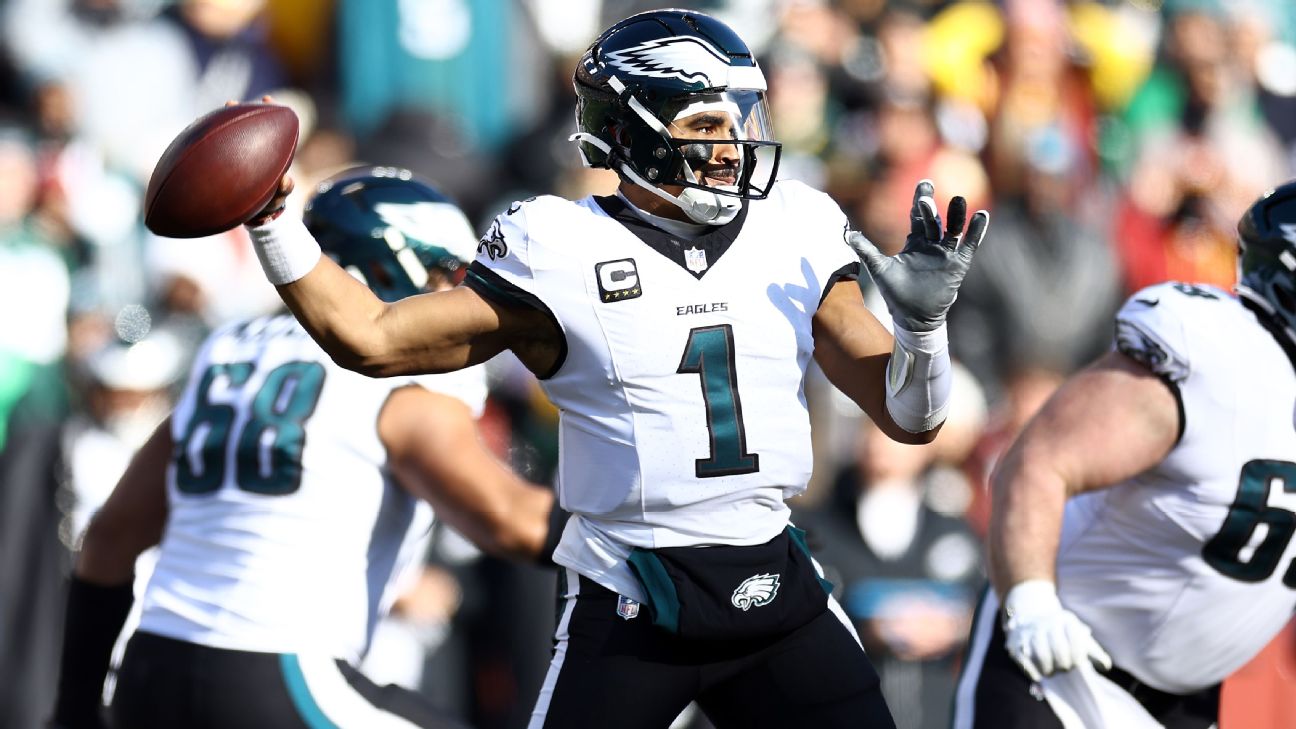Judge: Florida shooting off limits

FALL RIVER, Mass. -- Prosecutors in the Massachusetts murder trial of former New England Patriots player Aaron Hernandez will not be allowed to introduce evidence about the shooting of a Hernandez friend in Florida a few months before the killing, a judge ruled Wednesday.
Hernandez is on trial for the June 2013 killing of Odin Lloyd, who was dating the sister of Hernandez's fiance.
Before the trial began in January, the judge ruled that prosecutors would not be allowed to introduce evidence of the February 2013 shooting of Alexander Bradley. Bradley was at a Miami strip club with Hernandez and two others the night he was shot. He got into an argument with Hernandez and insulted him, and Bradley has said that Hernandez shot him between the eyes and dumped him in an industrial area.
Prosecutors this week asked Superior Court Judge Susan Garsh to revisit her earlier ruling. They said the shooting contradicts one of the key arguments by the defense, that Hernandez would not shoot a friend.
Hernandez lawyer James Sultan argued Wednesday that they were unproven and uncharged allegations and that prosecutors' sole purpose in trying to introduce the shooting was to show that "Mr. Hernandez has the propensity to shoot his friends. That's their argument.
"No doors have been opened. Nothing has changed," he added.
Garsh, ruling from the bench, agreed and said she will not allow it. She said the two shootings had different circumstances and noted that the Florida shooting had a clear motive because it came immediately after Hernandez was disparaged.
"The Florida shooting happened very shortly after the provocation," she said.
Prosecutors have not presented to the jury a motive in the Lloyd shooting.
Sultan also told Garsh that prosecutors were playing to the media in their filing on the Bradley shooting and said the media reported "quite breathlessly" on it. He accused prosecutors of violating a gag order by leaking information to the media to influence the legal process. He said that the defense team had observed prosecutors often speaking with the media and that sometimes the media reported about the next day's witnesses before they had even received word on which witnesses could be called.
"We don't speak with the media, your honor," Sultan said. "We don't speak with them on the record. We don't speak with them off the record."
Prosecutor William McCauley said that he didn't know anything about witness lists being leaked and that they were not trying to play to the media.
Garsh reminded both sides about the court's order.
Also Wednesday, prosecutors called several people who worked on the investigation to the stand, including employees of the state police crime lab who tested evidence in the case.






